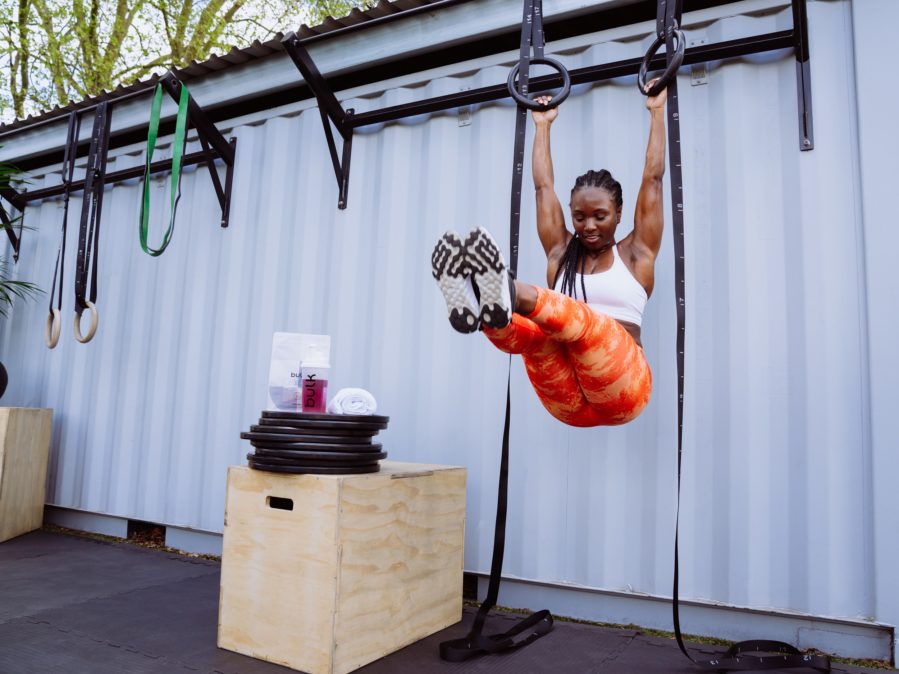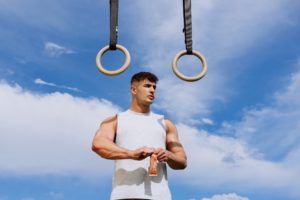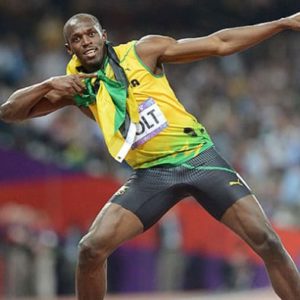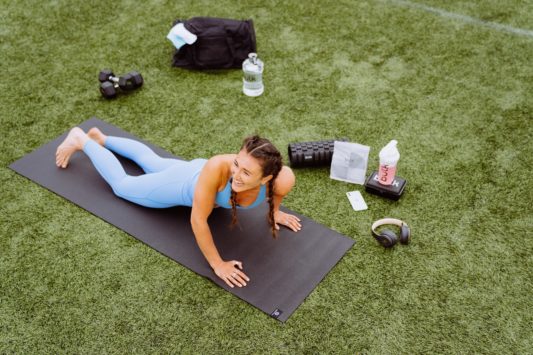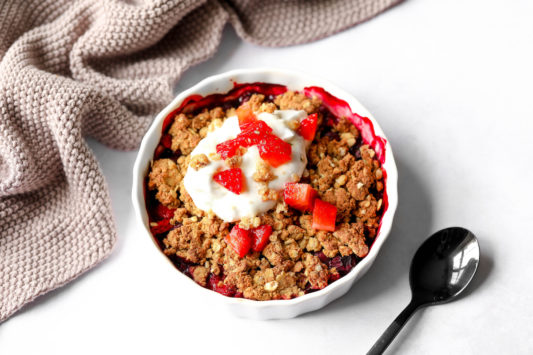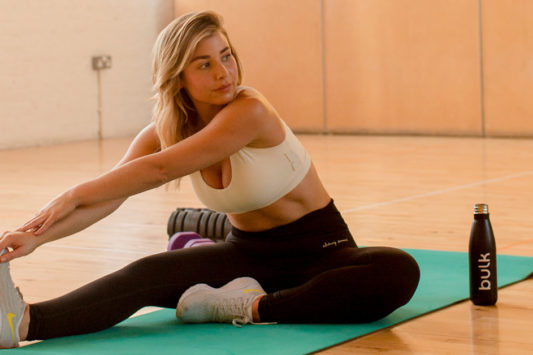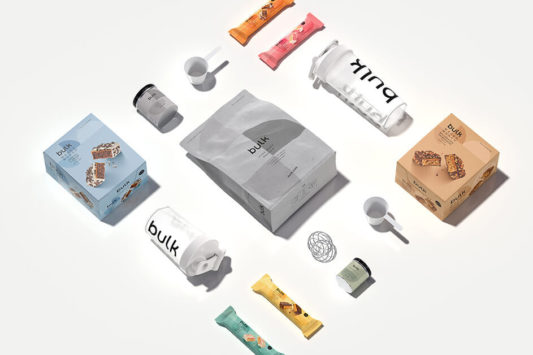No matter what your fitness goals are, it’s important to provide your body with quality fuel before exercise to keep you energised and help your body recover and adapt. However, figuring out exactly what and how much to eat before a workout can sometimes be a struggle. Different types of training also benefit from different types of nutrients to support the varying demands they put on the body during exercise. So, tailoring your nutrition to your preferred type of exercise can also help you maximise the benefits of all your hard work at the gym.
Eating smart can help to improve your performance, enhance muscle growth, and support recovery. This allows you to remain consistent with your training efforts and progress faster as a result. Read on to discover which foods support your preferred type of exercise to help you achieve your goals.
Resistance Training (e.g. lifting weights)
Whilst the benefits of consuming protein after a workout are widely recognised, it’s a lesser-known fact that pre-workout protein can also help to maximise your results. Studies have shown that the same benefits gained from consuming protein after training can be equally gained by taking protein pre-training. However, it’s recommended to include carbs with protein in your pre-workout meal/snack. Carbohydrates provide you with energy and allow your body to utilise more carbs for fuel rather than protein.
Consuming protein pre-workout kick starts muscle protein synthesis during your training, rather than after you’ve finished. This results in optimal increases in muscle mass. Gains aside, research shows that protein pre-workout also results in an increased calorie burn. One particular study found that just one scoop of whey protein pre-workout resulted in an increased calorie burn over the next 24 hours.
Cardio (e.g. running)
If your preferred training is cardio heavy or of a longer duration (above 60 minutes), then a carbohydrate-rich meal or snack should be your go-to pre-workout. Carbs play an important role in providing your body with sufficient energy to endure prolonged bouts of exercise. This is because your muscles will use the glucose from the carbs for fuel. Glycogen is how the body processes and stores glucose, predominantly in the liver and muscles.
For quick and high intensity workouts, your glycogen stores are the main source of energy for your muscles. However, for longer duration exercise, carbs are used for fuel but to what extent is dependent on several factors. These include the type of training, the intensity of the training and your overall diet. Aim for complex carbohydrates such as sweet potato, whole wheat bread or pasta, rather than simple carbohydrates such as sugary snacks or crisps. Complex carbs provide a slower, sustained release of energy, rather than a quick spike in energy which leads to a rapid dip shortly after which can often leave you feeling lethargic and tired.
High Intensity (e.g. HIIT)
Pre-workout carbs optimise your body’s ability to use glycogen to provide energy for quick- and high-intensity training.
Often carbohydrates are misinterpreted as being “bad” and something to avoid when trying to lose weight or follow a healthy lifestyle. However, a perfect pre-workout snack or meal should always contain some source of carbohydrates as they provide the body with energy. Carbs are particularly important for those that favour high intensity training or cardio.
The Take Home
For many people, having a small meal or snack before training can be incredibly beneficial in helping achieve their goals. Aim for low fat and low fibre foods which are gentle the stomach and easily digested to avoid any discomfort during exercise. Try to be organised and plan your meal before training or have convenient snacks such as Macro Munch Bar on hand so you are always prepared.
Personal preference also plays a huge role in the most effective pre-workout nutrition for you individually to achieve your fitness goals. For some people, eating before exercise can make them feel nauseous or sluggish, whereas some people may feel weak or low in energy without eating before training. Feeling nauseous or fatigued can both negatively impact performance and therefore it is worth listening to your body. If you are new to exercise, then it may be a case of trial and error until you establish what works best for you.
Hydration is of even greater importance than the food you eat to maintain good overall health, so ensure you are adequately hydrated before, during and after training. Especially when doing any endurance or prolonged exercise, a hydration drink can be a really useful to boost electrolytes and keep you feeling good.
About The Author
Stephanie Yates is a nutrition coach and writer with a BSc in Food and Nutrition. She utilises her knowledge and passion for nutrition and fitness to deliver evidence-based, informative articles and guidance, helping others meet their fitness and health goals to feel their best – inside and out. You can find her on Instagram @electricmango__ for more fitness and nutrition tips.
